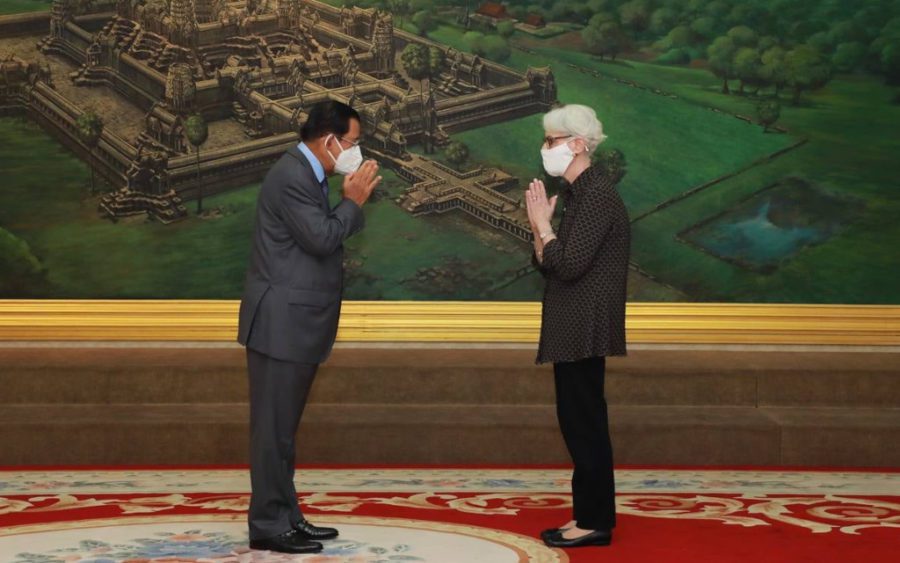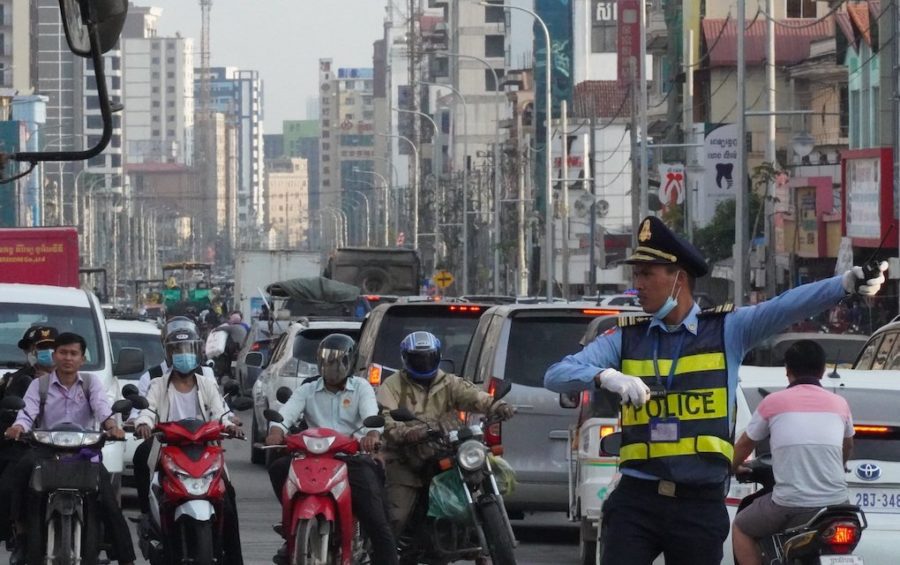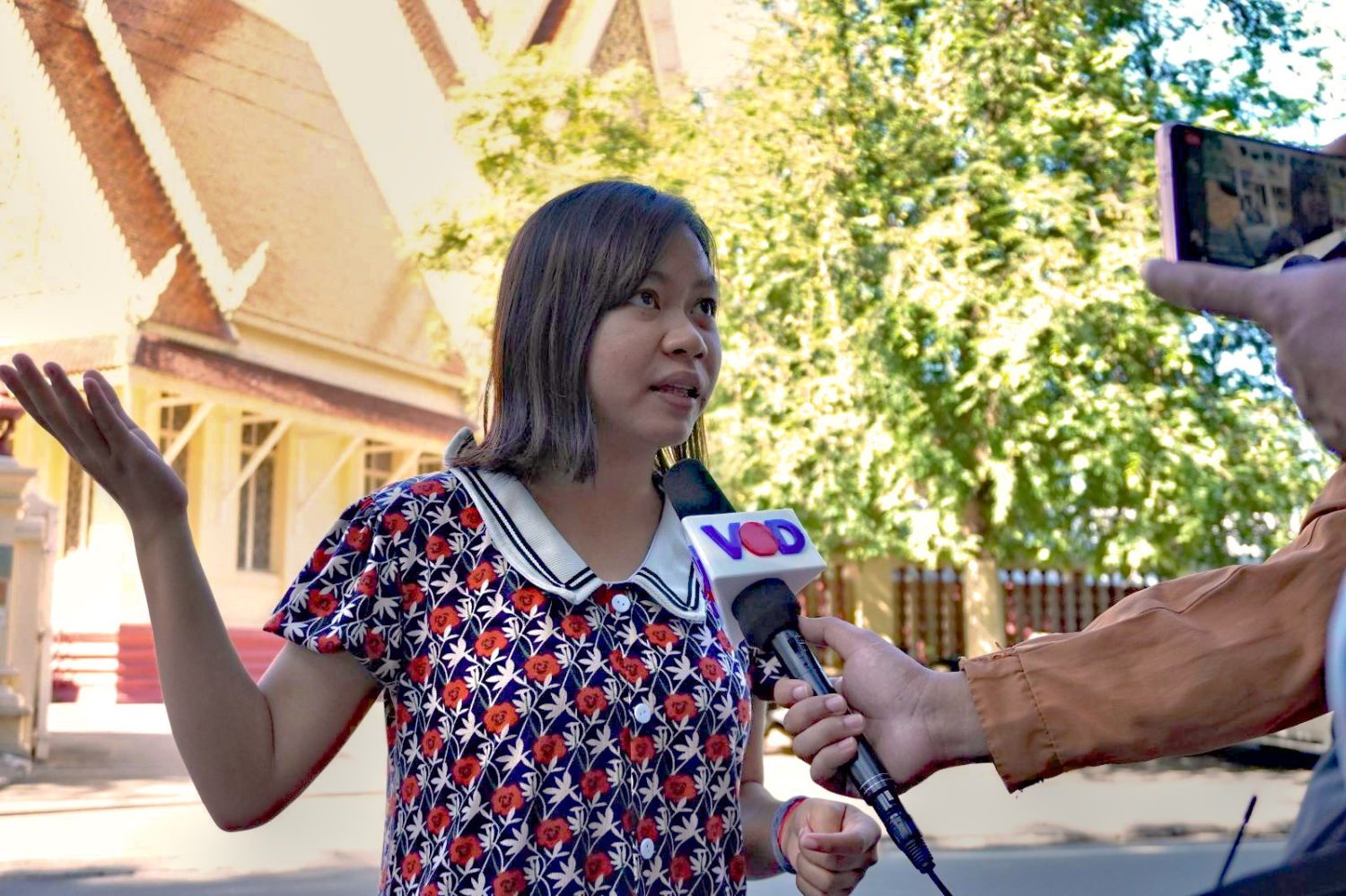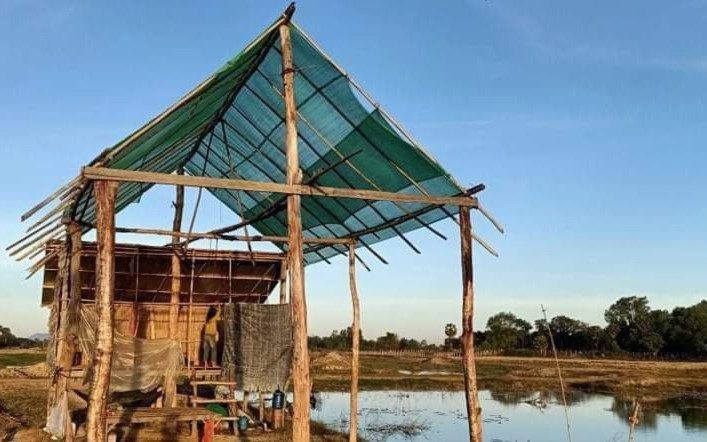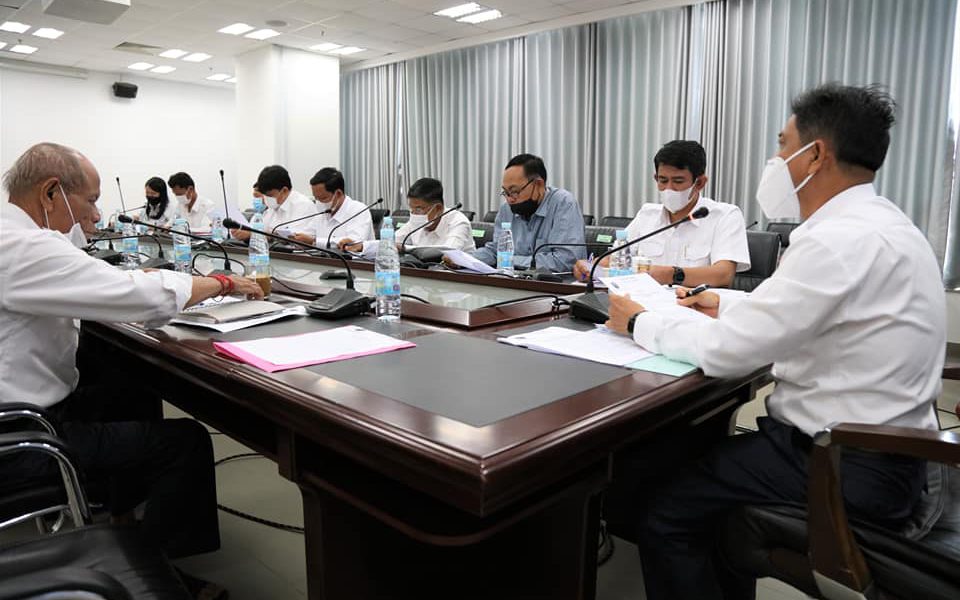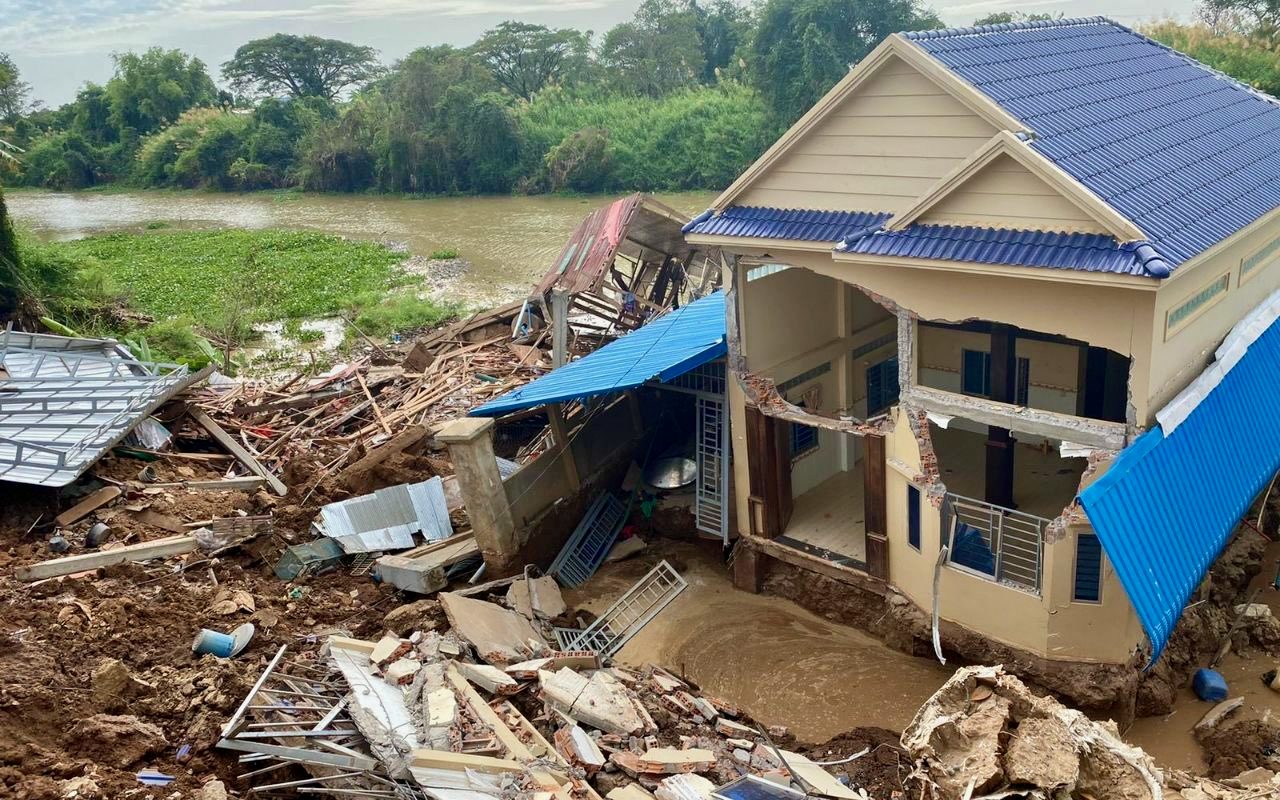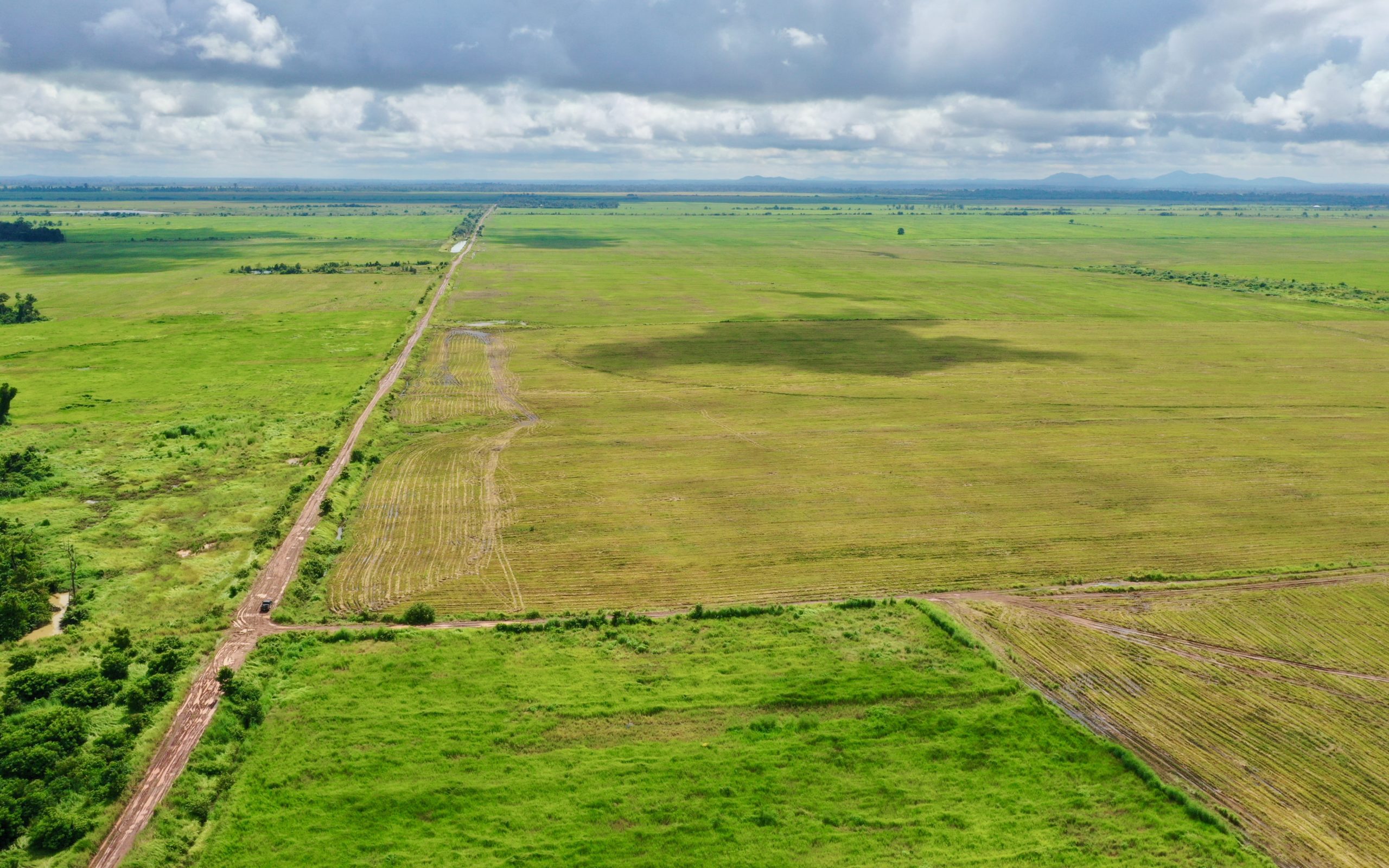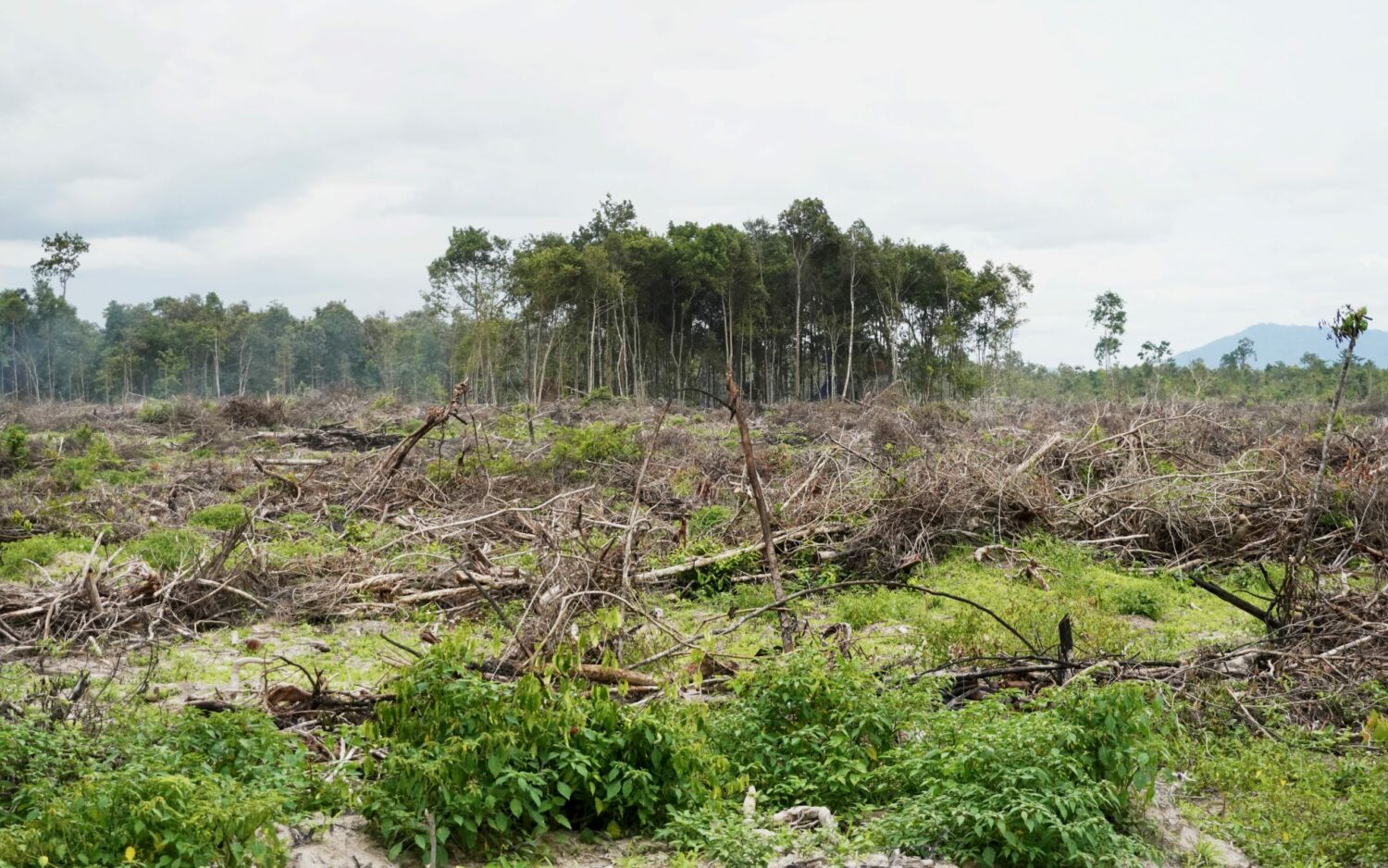In under three weeks, a senior U.S. official pressed Prime Minister Hun Sen over a controversial navy base; a defense attache cut short a visit to the base, saying he was denied full access; and USAID diverted millions in funds away from the Cambodian government.
Since the June 1 “candid” visit of U.S. deputy secretary of state Wendy Sherman, the country’s engagements with the Cambodian government have elicited strong responses, notably a Defense Ministry statement that the U.S. delegation was “striving to create new problems” between the two countries.
The U.S. has previously been critical of Cambodia’s political and human rights record, and has imposed targeted sanctions against individuals. But the developments of recent weeks were a sign that ex-president Donald Trump’s narrow focus on tariffs, trade and Twitter was being widened, political observers said, under U.S. President Joe Biden’s foreign policy — which the U.S. Embassy on Friday described as “centered on the defense of human rights issues.”
For Phav Nheung, a Koh Kong resident locked in a land dispute for years, the U.S. represents a counterbalance to those who control Cambodia.
“This country can put pressure on the elites, or bad people encroaching on people’s land,” Nheung said.
In Phnom Penh, protesters from across the country routinely rally outside the U.S. Embassy, hoping for an intervention. “They have the principle of respecting human rights, so when we submit a petition to them so that they will know, they can put pressure to make our Cambodia respect human rights,” Nheung said.
San Mala, advocacy officer at the Cambodian Youth Network, said the U.S. “gave confidence” to certain Cambodian people, usually those victimized by development or disenchanted with the ruling party.
The flurry of brushes with the Cambodian government is in contrast to the U.S. Embassy’s approach to diplomatic relations last year, when it spent all year celebrating 70 years of diplomatic ties between the two countries.
Until Sherman’s visit, however, the Biden administration, which took charge in January, had been slow to engage with Southeast Asia, in keeping with the Trump administration’s legacy, said Carl Thayer, emeritus professor at the University of New South Wales.
Sherman’s visit marked “a distinct change of gears,” Thayer said.
Notably, the U.S. was now looking at all angles when it came to trying to counter Chinese influence in Southeast Asia, “not focusing narrowly on tariff and trade issues,” he said.
“But there are constraints on what actions the U.S. can take without pushing Cambodia further into China’s embrace,” he said.
He noted U.S. assistance to Cambodia averaging over $112 million a year between 2018 and 2021, saying, “the U.S. could cut part or all of this assistance.”
During the Trump administration, it was the U.S. Congress, especially a small caucus focused on Cambodia and Prime Minister Hun Sen, that took the lead to instate punitive measures against the Cambodian People’s Party government for diminishing the country’s democratic institutions.
Among the high-profile appointments of the Biden administration has been the selection of Samantha Power to head USAID — a move that “sent a message to the world that humanitarian aid would be central to his foreign policy,” opined a New York Times profile, “Samantha Power Still Believes America Can Help Save the World.”
On Thursday, USAID cut its funding for protecting the Prey Lang Wildlife Sanctuary from the Cambodian government to redirect it to civil society, the private sector and local efforts.
“Cambodian authorities have not adequately prosecuted wildlife crimes,” it said in announcing the change. “[T]he government continues to silence and target local communities and their civil society partners who are justifiably concerned about the loss of their natural resources.”
Lao Mong Hay, a political analyst, said the U.S. government’s foreign policy in relation to democracy, human rights and the rule of law under Biden was clearer than the previous administration’s.
“Whenever they speak, they do. It is unlike a weak country, a weak politician or [one] without ability, without means, [who] will just speak out of their mouths,” Mong Hay said.
Em Sovannara, another analyst, said the Prey Lang announcement showed the government needed to be accountable in actions, not just policy. “We can foresee that when there are no more concerns or interventions from the international community, like the United States, over environmental issues in Cambodia, especially the Prey Lang area, I think the Prey Lang area could face more losses,” he said.
Soeng Senkaruna, a spokesperson for Cambodian rights group Adhoc, added that the U.S. saying the Prey Lang funds would go to local efforts could be a morale boost for activists working to protest the forests.
“It could be an encouragement,” Senkaruna said.
The move to redirect Prey Lang funding, in a small way, is similar to Sweden’s decision last year to end all bilateral assistance to the Camboidan government because of the deterioration in the human rights situation.
Sweden said its monetary assistance would be redirected to local NGOs and communities, though USAID’s larger education and health funding portfolio could make it harder for the U.S. to take a similar position.
The U.S. Embassy on Friday said it had “consistently urged” Cambodian authorities “over the past few years” to reopen civic and political space, and to provide transparency on Ream.
Nevertheless, it added that the new U.S. administration’s foreign policy was focused on human rights. “President Biden is committed to a foreign policy that unites our democratic values with our diplomatic leadership and is centered on the defense of human rights,” it said.
Government spokesman Phay Siphan, however, said Cambodia didn’t need foreigners to come and solve its issues, whether they were related to human rights or land.
“Our Cambodia is an independent country and we are strengthening the rule of law and we have prepared the proper laws to benefit the people,” Siphan said.
Cambodians who turn to the U.S. to solve their problems were in a way destroying the country’s independence, he said. The government wants to see people take responsibility for their own fates, he said.
“If we abandon our duties as good people of a sovereign and independent country to rely on foreigners, that will not be proper,” he said. “Those people should ask for the right to live in the United States and not live in Cambodia.”
Whether people had voted for the ruling party or “the minority,” they needed to respect the government’s authority, he added.
“Embassies do not have potential [of control] over Cambodian issues. [They are] not a court, not a government, but guests that come to work in Cambodia.”
Additional reporting by Michael Dickison


